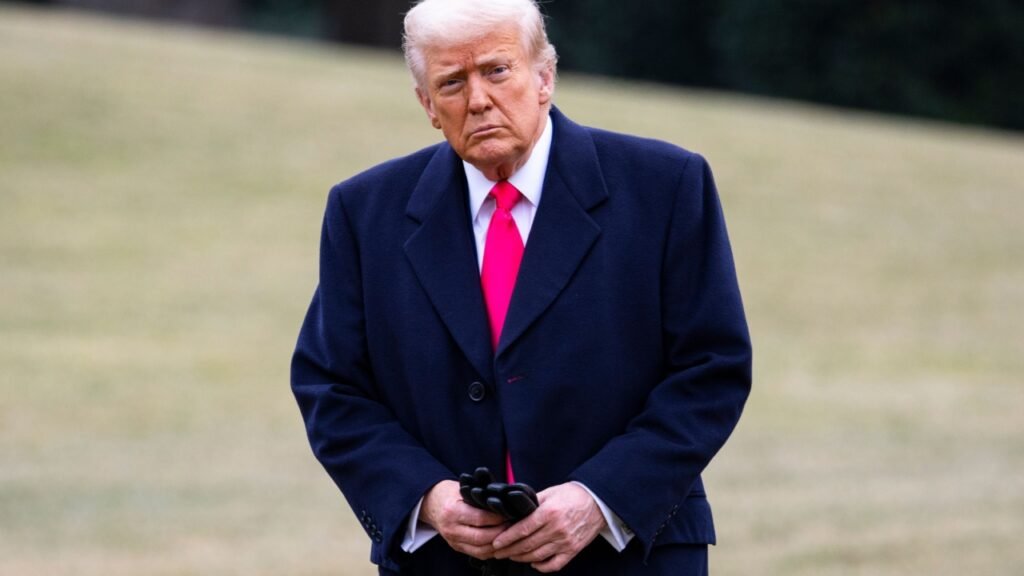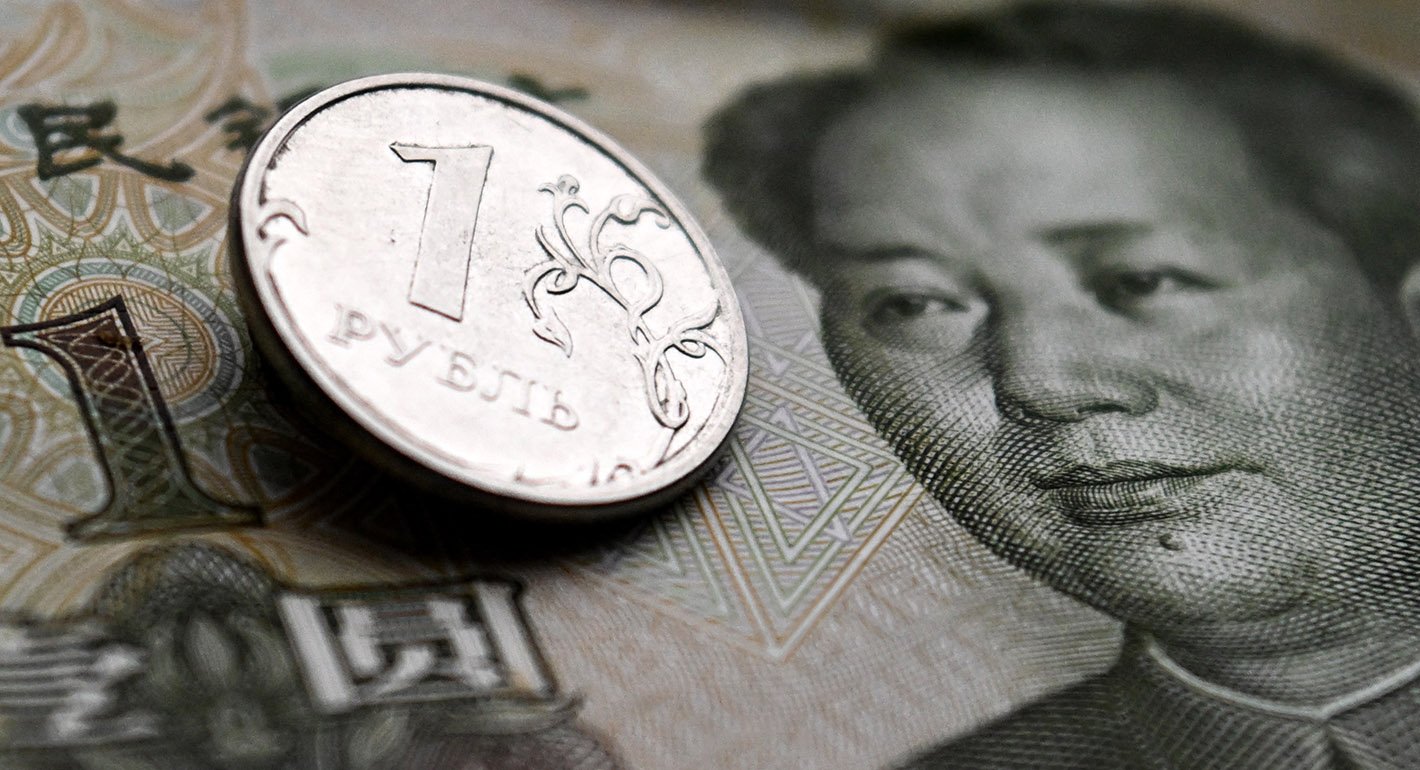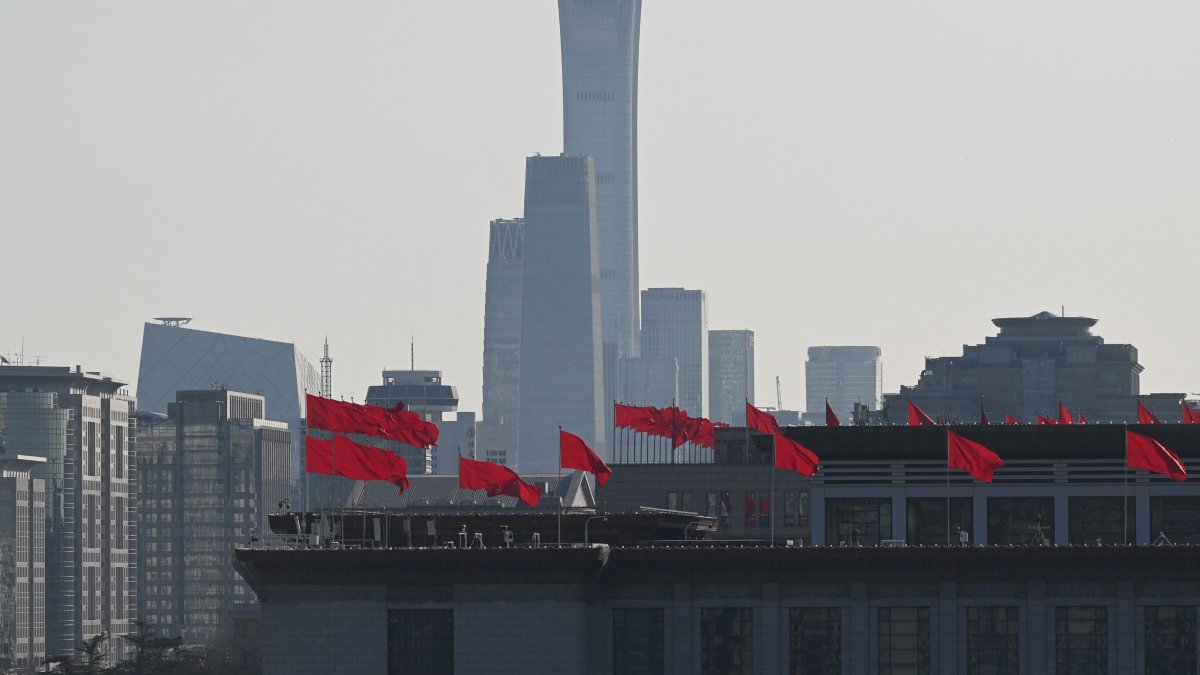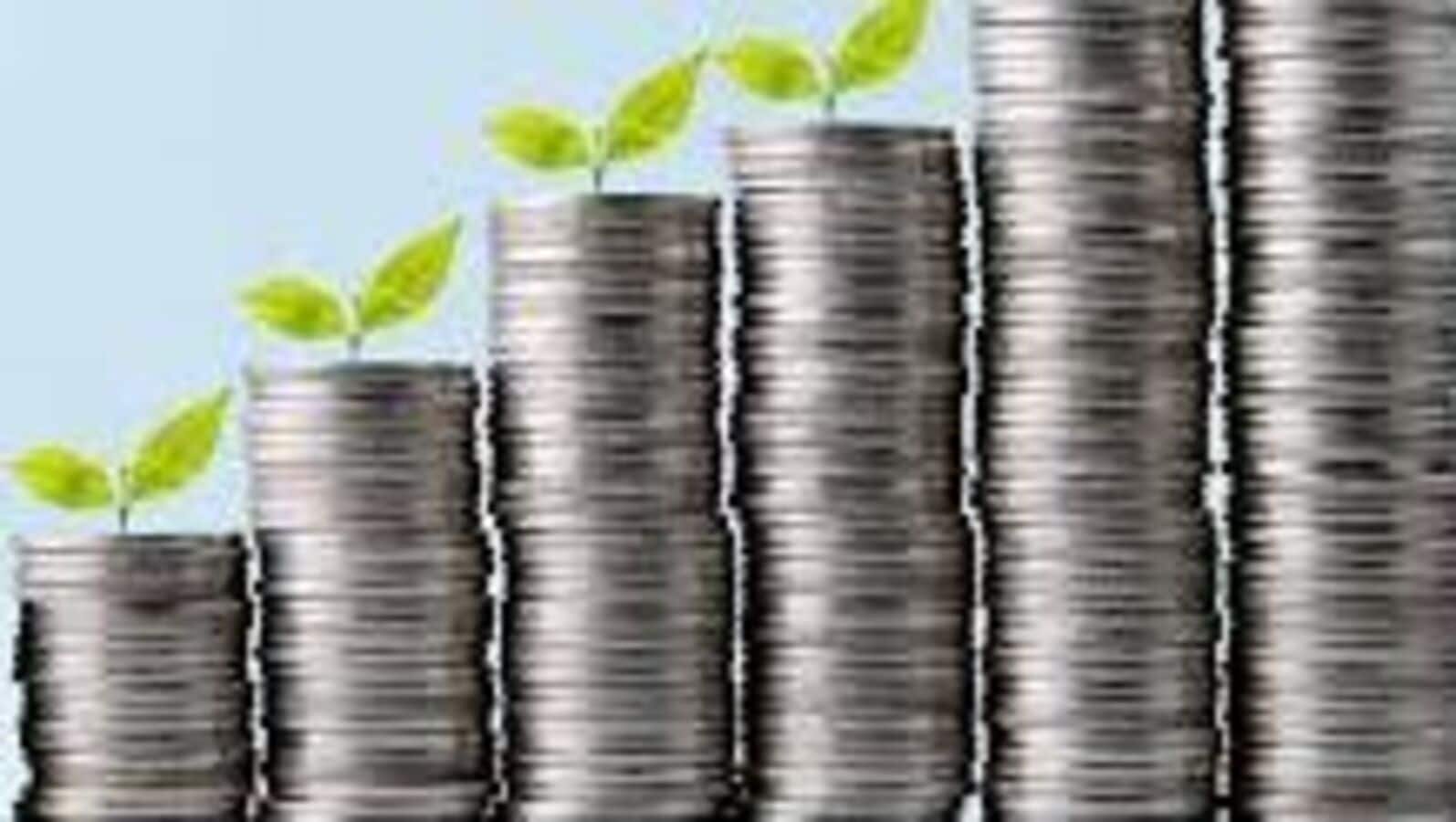Contrary to recent “wishcasting,” there will be no quick resolution to the ongoing U.S.-China trade standoff—and that’s exactly what Trump wants.
American and Chinese senior officials are traveling to Switzerland for high-stakes trade negotiations. If headlines from around the world are to be believed, President Donald Trump badly needs a trade deal with China to head off the financial and economic tumult that has marked the beginning of his second term. In reality, Trump holds most of the leverage and has shown patience with China. Beijing may not realize it, but it needs a deal far more than Washington.
Luckily for both the United States and China, Trump has sent the A-Team to Geneva: Secretary of Treasury Scott Bessent and U.S. Trade Representative Jamieson Greer. They will meet with Chinese economic boss He Lifeng, a close advisor of Chinese leader Xi Jinping.
Trump takes a Roman gladiator approach to staff management. His aides enter the policy arena, and when the dust settles, fighters and spectators alike look for a thumbs up or thumbs down from an impassive emperor judging their performance and fate.
However, as is often the case in Washington, the true power lies not with those in the visible ring but with those who enact actual policy and law beneath the arena. Bessent is the official upon whom Trump calls for the most important economic messaging and deals. Greer is the quiet man who needn’t elbow aside colleagues to get in front of cameras since he, by law, will write the rules that direct any trade agreements.
He can do so without a scintilla of input from the nation’s late-republic Congress with its trademark clowning and decreasing relevance. It is no surprise that Trump has Bessent and Greer running negotiations with China, Washington’s most important trade and security adversary, and Japan, Washington’s most important trade and security ally.
Media and financial poohbahs around the world hope for and even expect a quick deal. Nikkei Asia pondered these aspirations on Thursday in a headline: “Is a US-China trade war truce imminent?” Many experts hope and expect a repeat of Trump’s first term in which the 2020 “Phase One” trade deal that promised little and accomplished less can suffice for Trump to claim victory and move on to trade fights with other countries and trade blocs.
Trump himself has engaged in what a former Trump trade official described to me as “wishcasting”—suggesting that trade talks are more advanced than they are. Two weeks ago, the stock market staged a major rebound when Trump merely mused about a deal with China. In fact, real talks are just beginning.
Predicting anything in Trump’s second term is a fool’s errand, but there are signs a deal with China will take longer to reach and that U.S. officials will insist on a far more expansive agreement than those who hope for a quick solution.
China’s trade surplus with America is enormous and persistent; the U.S. imported $582 billion in goods from China last year but exported only $143 billion. This imbalance is caused by a combination of Beijing’s use of cheap and abused labor, pathetic environmental standards, direct and indirect government subsidies of industries, theft of intellectual U.S. property, and use of bullying with a veneer of legal process to influence domestic and foreign companies.
Even modest changes to these factors would require a fundamental change in China: ending the favorable treatment of the government’s corporate allies, liberalizing the economy, phasing out currency manipulation, and taking steps to establish the rule of law. Any of these steps alone would put pressure on the Chinese Communist Party’s one-party dictatorship.
Worse still for China, Trump and his top aides have signaled they take an expansive view of negotiations. Bessent has said explicitly that the U.S. objective is not to “decouple” trade with China. However, that still leaves a lot of room for a broad agenda that goes beyond tariff levels. Trump has made curbing illegal imports of fentanyl a priority, and he sees China as the biggest abuser.
This week, Trump said that he would raise the issue of jailed Hong Kong media tycoon Jimmy Lai “as part of the negotiation” with China. Hong Kong police obliterated Lai’s popular pro-democracy tabloid and media company in 2019—a practice that must be renounced if any serious U.S. investment is ever to return to China. It’s fair to say that Trump wants to see broad reform.
There is also the reality that Trump is under less political pressure to reach a deal than headlines imply, and China is under more pressure than reported. Despite a chaotic return to power, Trump’s support among his base is strong. He is indifferent to media disapproval and does not see average Americans being impacted significantly by any of the doomsday predictions of inflation or recession. He is confident that his deregulation efforts, the attraction of foreign capital, and the planned extension of his first-term tax cuts will lead to a broad expansion of the economy later and vindicate his legacy and movement.
China, on the other hand, faces a genuine crisis. Its economy has been built on unbalanced exports to the United States and forever reselling the mirage of a liberalizing, giant body of consumers to gullible foreigners. It is hard to grasp precisely how bad matters are in China, which is now enduring U.S. tariffs of 145 percent because the Chinese government has taken the simple step of no longer reporting economic statistics. Anecdotal information about layoffs and empty cargo ships suggests deep problems.
Hopefully, Bessent and Greer make a serious start this weekend. Yet, it will only be a start. Egged on by anti-Trump journalists and policy experts, Beijing probably thinks it can get a quick deal. The U.S. negotiators should disabuse them of this notion and insist on early signals of genuine goodwill from China, especially an end to fentanyl exports, the release of wrongfully imprisoned businesspeople, the curbing of currency manipulation, and the enactment of export limits that can begin to balance trade.
About the Author: Christian Whiton
Christian Whiton was a State Department senior advisor in the second Bush and first Trump administrations. He served as a deputy special envoy for North Korean human rights issues and advised the secretary of state and other senior officials about public affairs and East Asia matters. During the 2016–2017 Trump transition, he aided in the confirmation of the secretary of state and other senior department officials. He is a senior fellow at the Center for the National Interest and a principal at Rockies Aria LLC, a public affairs and government relations firm. He previously worked for KPMG LLP, Fidelity Investments, and Oppenheimer & Co.
The author of Smart Power: Between Diplomacy and War, Christian co-hosts the “Domino Theory” podcast and edits “Capitalist Notes” on Substack. He frequently appears on Fox Business and has appeared on Fox News, BBC, CNN, Newsmax, NHK, Sky News Australia, CNBC, MSNBC, and numerous other outlets. In addition to the National Interest, his articles have been published by Fox News Opinion, The Daily Caller, The Wall Street Journal, the Australian, and others. Mr. Whiton has a BA from Tulane University and an MBA from the University of California, Los Angeles.
Image: Joshua Sukoff / Shutterstock.com.







